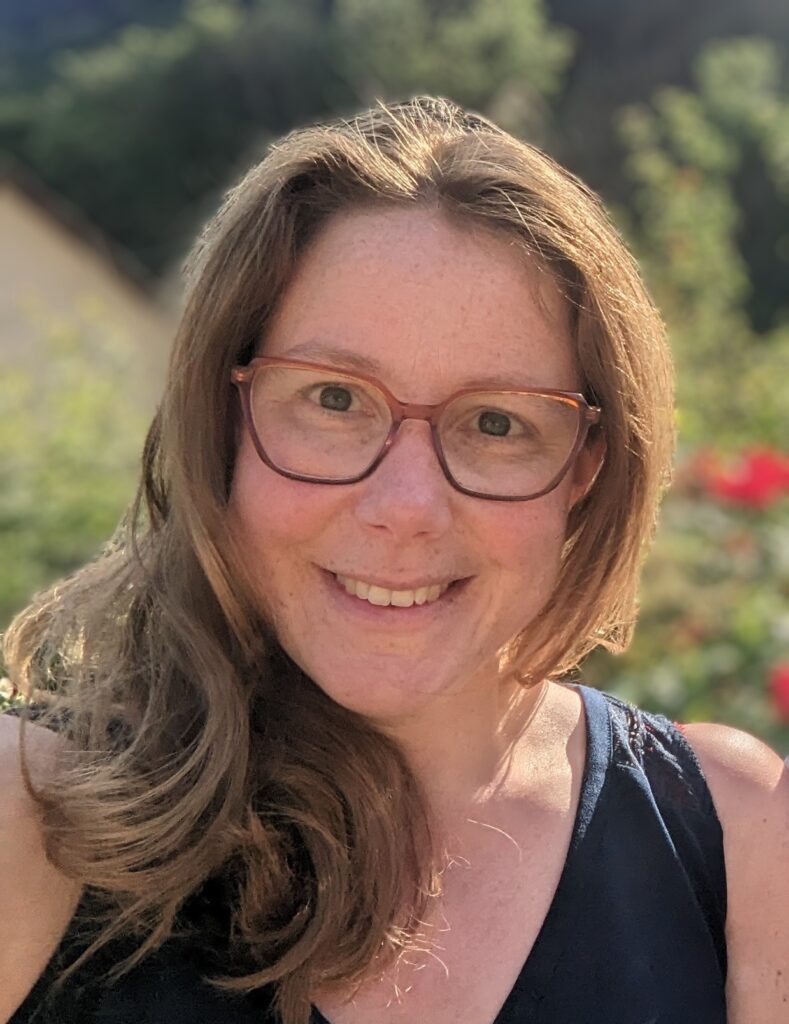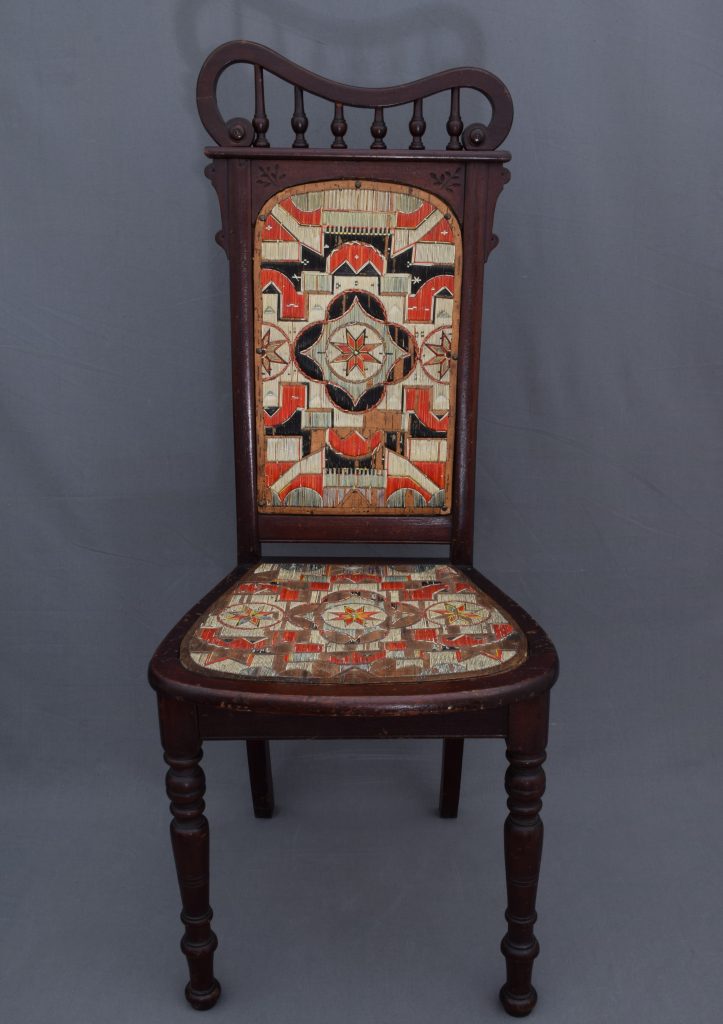You obtained your M.A. in History from the Le Mans Université in France in 2007. At that time, what kind of career were you hoping to have?
I grew up in France, surrounded by the ruins of castles and walled medieval villages. I’ve always been fascinated by them, and I wanted to share my love and passion for heritage with the public by creating educational activities and resources.
As Project Manager for the In Their Own Voices project, what are your main priorities?
My priority is to ensure that all stages of the project run as smoothly as possible so that everything is delivered on time and according to set standards. I plan and manage the budget, schedule, communications . . . and the team’s chocolate supply!
Why are oral history projects important?
I’ve been working on oral history interviews for more than 10 years, and I find their insights invaluable. Oral history allows us to understand the past from the viewpoint of those who lived through it. It breaks down the barriers between history and the audience. It’s simply a human being sharing their experience, offering their story to the community. This allows for a more intimate — more human — relationship with the events of the past. Of course, this means that it’s subjective, but the combination of different oral histories of the same event allows us to better understand different perspectives.
Is there any project or exhibit that you feel especially proud of?
When I worked for the Montreal Holocaust Museum, I helped develop the virtual exhibition United Against Genocide: Understand, Question, Prevent, which was a five-year project co-created with the Armenian, Cambodian and Rwandan communities. Each year, a different theme was explored, such as resistance during genocide, the role of the media, or justice after genocide. Through excerpts from oral interviews, objects, and photos, visitors were able to learn about the history of these different genocides.
What are the next steps in the In Their Own Voices project, and where do you see it 10 years from now?
The team has some exciting things in store, including a web module with excerpts from the interviews and teaching materials, as well as a conference and a publication.
I hope that 10 years from now, excerpts from our interviews will be featured in the Museum’s ongoing and special exhibitions. Beyond that, I hope the project spawns other oral history projects. There are still so many stories to be collected and shared, such as those of war reporters, field workers with non-governmental organizations, and politicians.

Cornélia Strickler

